The Francis Scott Key Bridge in Baltimore looked like something out of an action movie this week when a cargo ship slammed into the structure, causing part of it to collapse into the water below.
Now the blame game has begun, with U.S. Treasury Secretary Janet Yellen walking back President Biden’s promise that taxpayers would foot the entire bill. Turns out, Biden may have jumped the gun on that pledge.
Bridge Collapse in Baltimore Harbor
The sudden collapse of a section of the Francis Scott Key Bridge sent shockwaves through Baltimore and beyond.
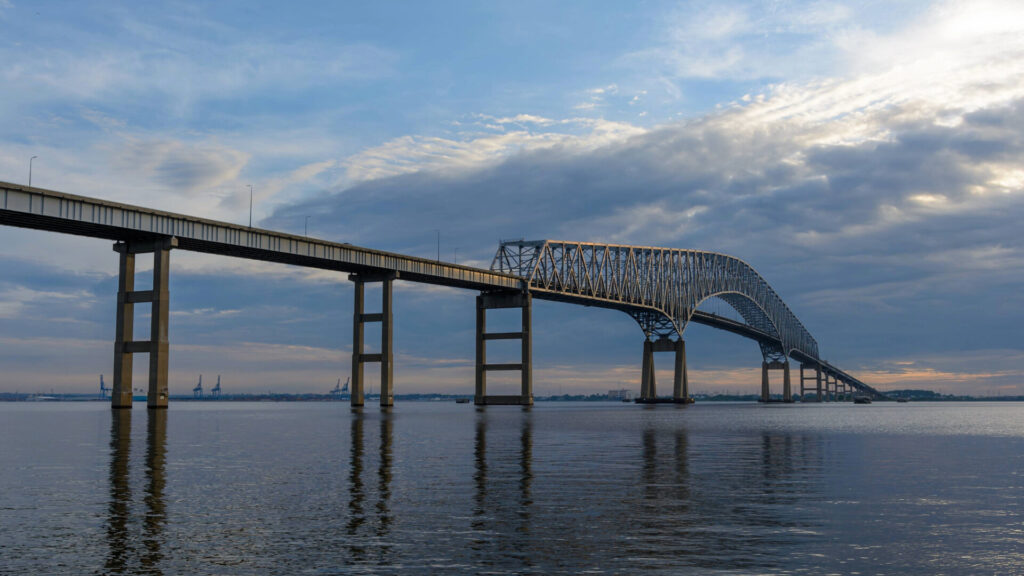
The 95,000-ton Singapore container ship Dali crashed into the bridge in the early hours of Tuesday morning, causing a large section of the bridge to buckle and crumble into the Patapsco River below.
Ship’s Power Failure Blamed
According to officials, the massive cargo ship appeared to lose power and steering control just before impact, drifting helplessly into the bridge support.
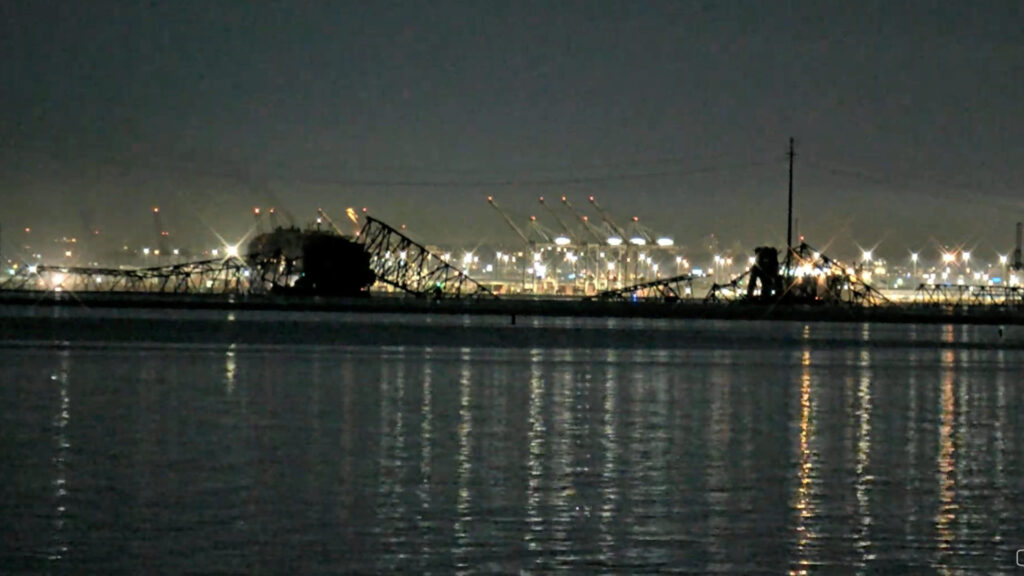
All 22 crew members were accounted for after the collision, and there were no reports of injuries, but the Dali itself caught fire and became disabled. The incident is still under investigation, but early signs point to a power failure on the ship as the cause of the disastrous crash.
Biden’s Promises for Federal Funding
In the aftermath of the collapse, President Biden pledged that the federal government would cover the full costs of repairing and rebuilding the vital bridge. However, the timeline and financing for the project remain unclear.
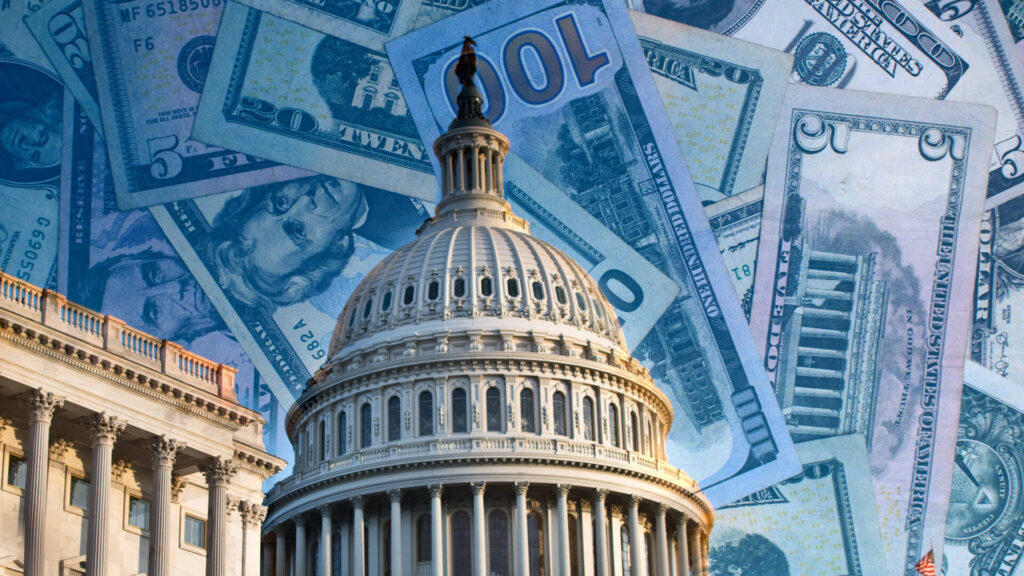
While U.S. Treasury Secretary Janet Yellen said funds from the recent bipartisan infrastructure bill could help with the reconstruction, she also indicated that insurance payouts would likely provide at least partial funding.
Yellen Expects Insurance to Cover Costs
Yellen expects insurance payments to cover at least part of the costs. While waiting for funding sources to be determined, she doesn’t want reconstruction delayed.
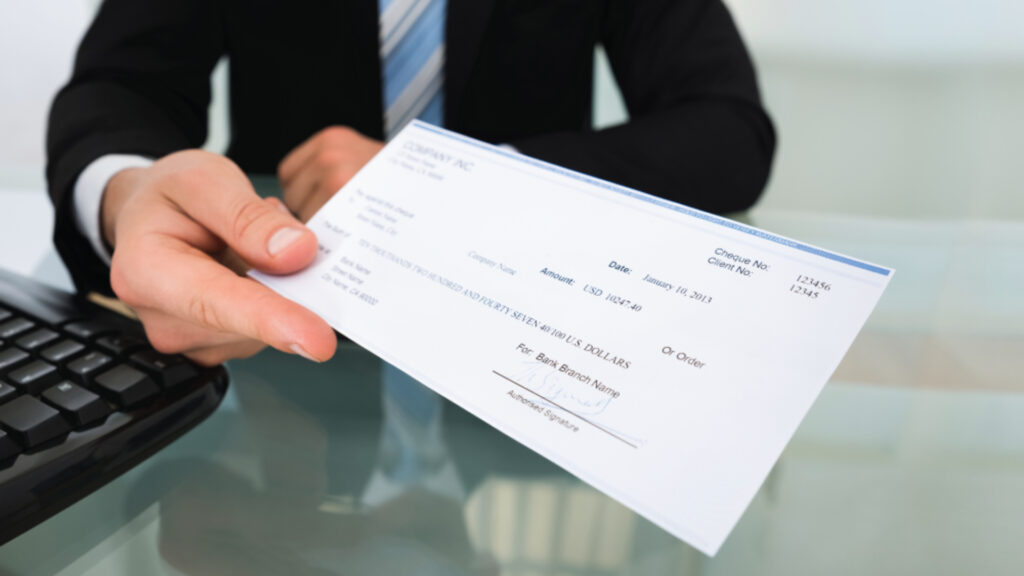
Her statement contrasts with Biden’s promise that the federal government would pay the entire cost of rebuilding the bridge. Biden said the people of Baltimore could count on the government’s support.
Biden Administration Will Not Wait For Company To Take Responsibility
When asked if the company that manages the cargo ship that hit the bridge should be responsible for costs, Biden said the government would not wait to find out.

Instead, it would step in immediately to rebuild the bridge and reopen it to traffic. The ship that struck the bridge was the Dali, a Singapore-flagged container ship. The collision occurred around 1:30 am Tuesday, causing part of the bridge to collapse into the Patapsco River.
Infrastructure Law Could Help Pay for Rebuilding
In addition to federal funds, public-private partnerships could help pay for the new bridge. Under such partnerships, private companies invest in infrastructure projects in exchange for tax incentives, toll collection rights, or other benefits.
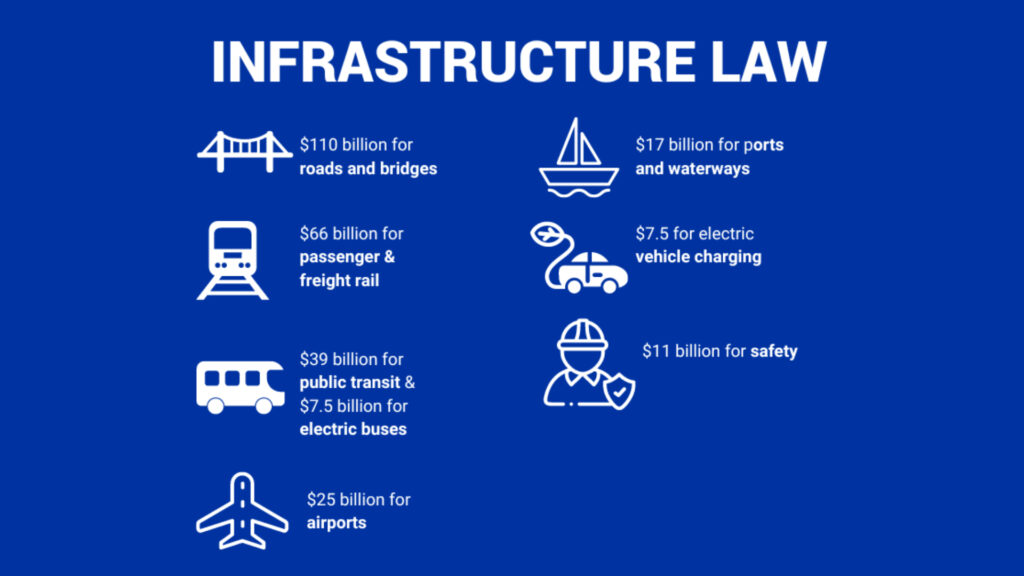
The port authority and the state of Maryland may explore P3s and private investment to supplement federal funds for the bridge project.
Rebuilding Will Take Time
While the Biden administration aims to act quickly, rebuilding the Francis Scott Key Bridge will still require months of planning and construction.

The collapse caused extensive damage, and the new bridge must meet modern safety and engineering standards.
Negligence Claim Could See Synergy Group Face Lawsuits
Negligence claims are common in maritime incidents, and the Synergy Group could face lawsuits arguing that the power failure and subsequent loss of control constituted negligence.
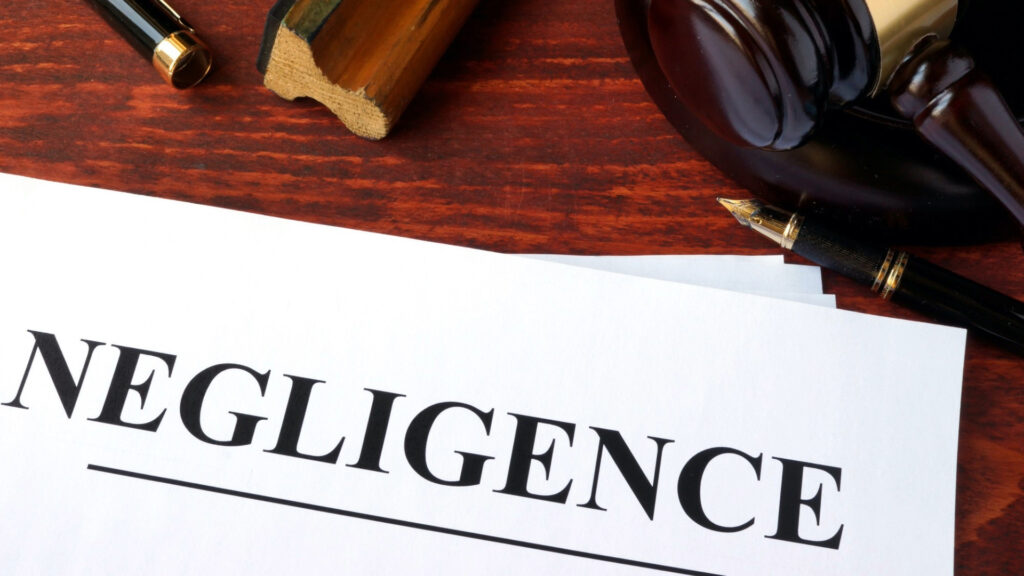
The operators have a responsibility to maintain their vessels and ensure crew is adequately trained properly. If found negligent, the company may have to pay damages.
Unforeseen Mechanical Problems Could Exonerate Synergy Group
Unforeseen mechanical issues can happen, even with proper maintenance. The power outage could have been due to a fluke equipment malfunction or other unpreventable problem.
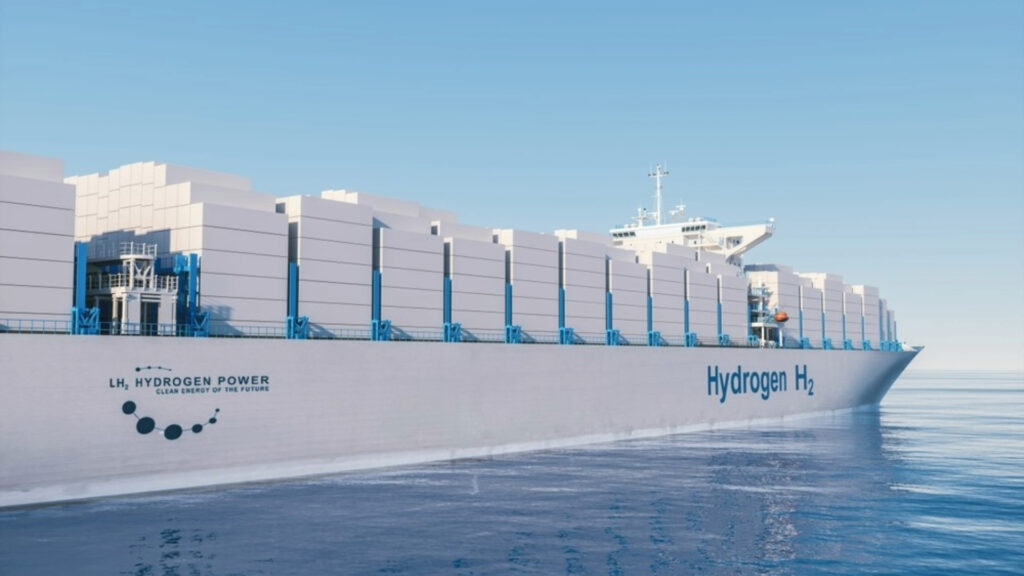
In that case, the Synergy Group may avoid major legal penalties. They have stated the cause of the power failure is still under investigation.
Impact on Baltimore Commuters and Businesses
The collapse of the Francis Scott Key Bridge caused major disruptions for Baltimore commuters and local businesses.
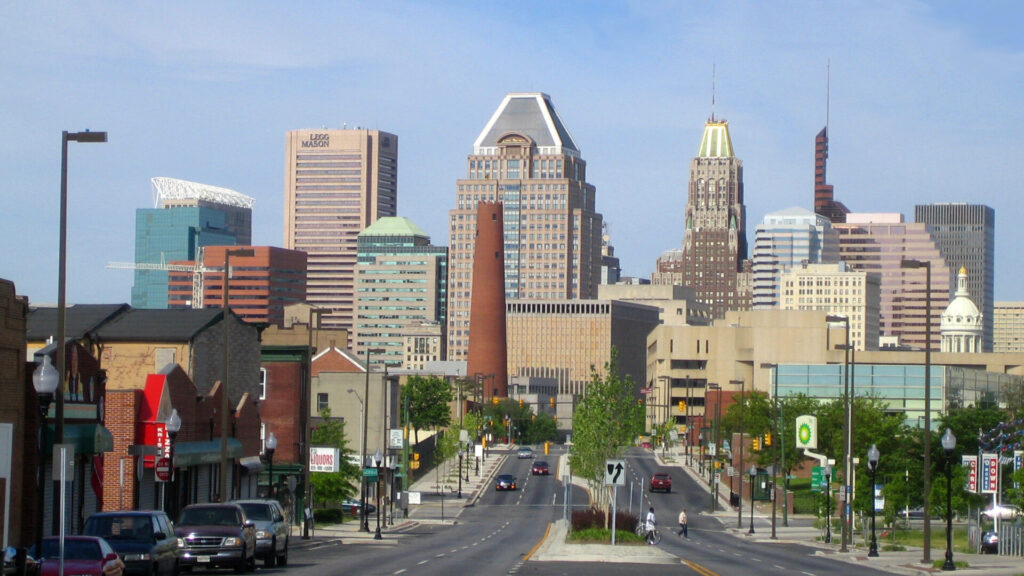
Some were forced to delay opening or operate with limited staff. The bottlenecked traffic and suspended transit threatened vital deliveries and commerce for companies that rely on the bridge for shipping and logistics.
Economic Uncertainty
As crews work to clear the channel and assess the damage, the timeline for repairing or replacing the bridge remains unclear.
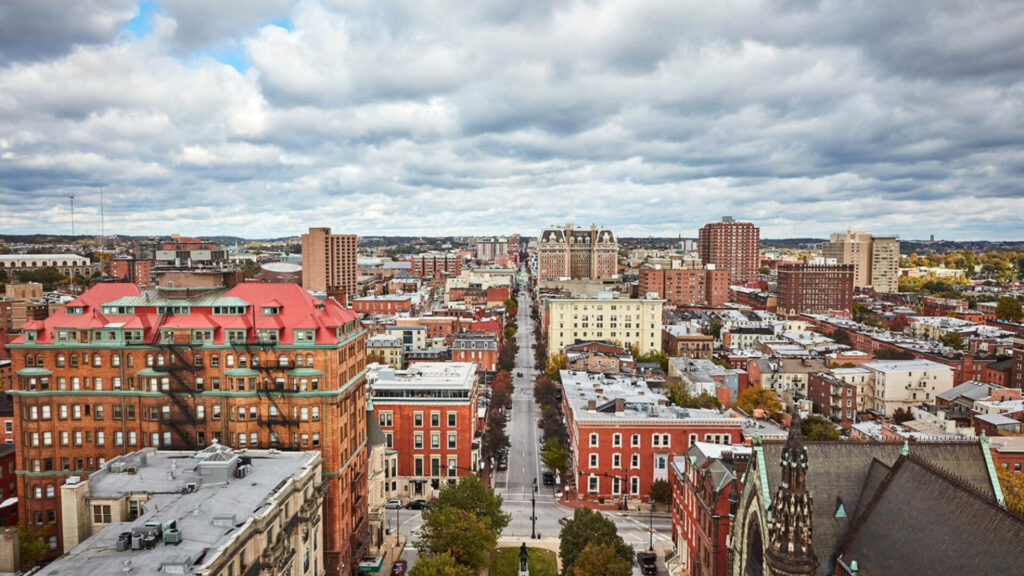
The extended closure will likely cost the city millions in lost productivity, revenue, and economic activity daily. The restaurant, entertainment, and tourism industries, still recovering from the pandemic, may be hardest hit.
Timeline for Rebuilding the Bridge
Rebuilding the collapsed Francis Scott Key Bridge will be a massive undertaking that will likely take years to complete.
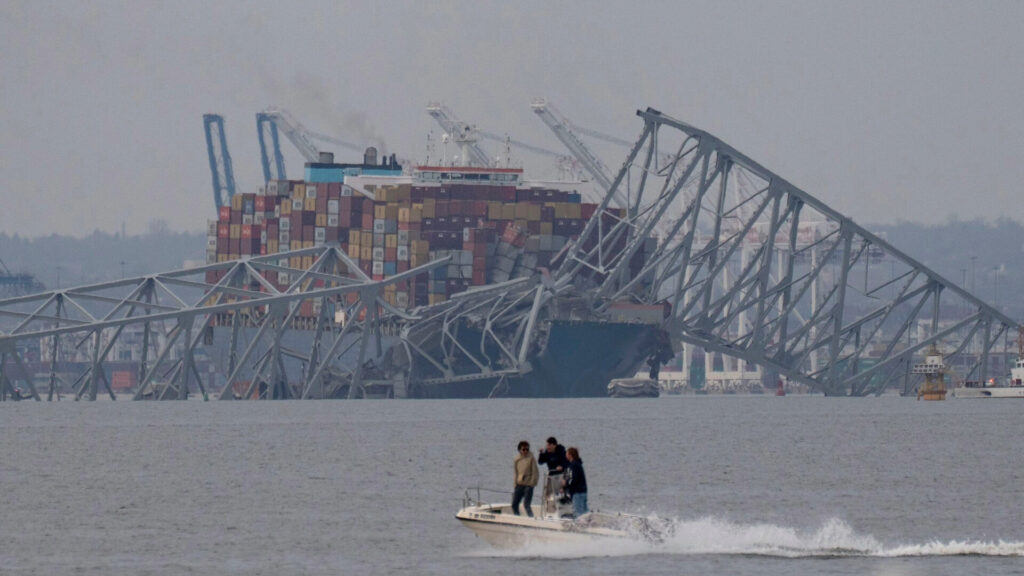
According to transportation experts, reconstructing such a large bridge can take 2 to 15 years or longer, depending on the scale of damage and complexity of the design.
Preventing Future Infrastructure Failures
To avoid future catastrophes like the Francis Scott Key Bridge collapse, continued investment in infrastructure and oversight is key. Upgrading aging bridges, roads, and utilities should be a top priority to ensure public safety.
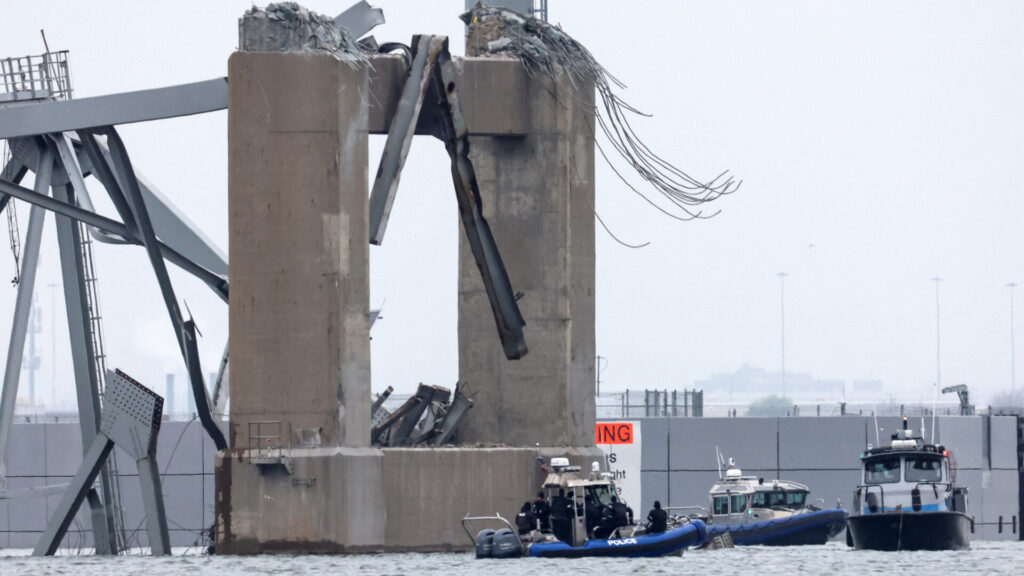
On the technological front, new bridge designs and materials can make these structures more durable and disaster-resistant.
The Federal Government Might Have To Step Back and Let The Insurance Company Sort Out The Bill
While federal infrastructure funds could help, Yellen made clear insurance payouts would likely shoulder most of the burden.
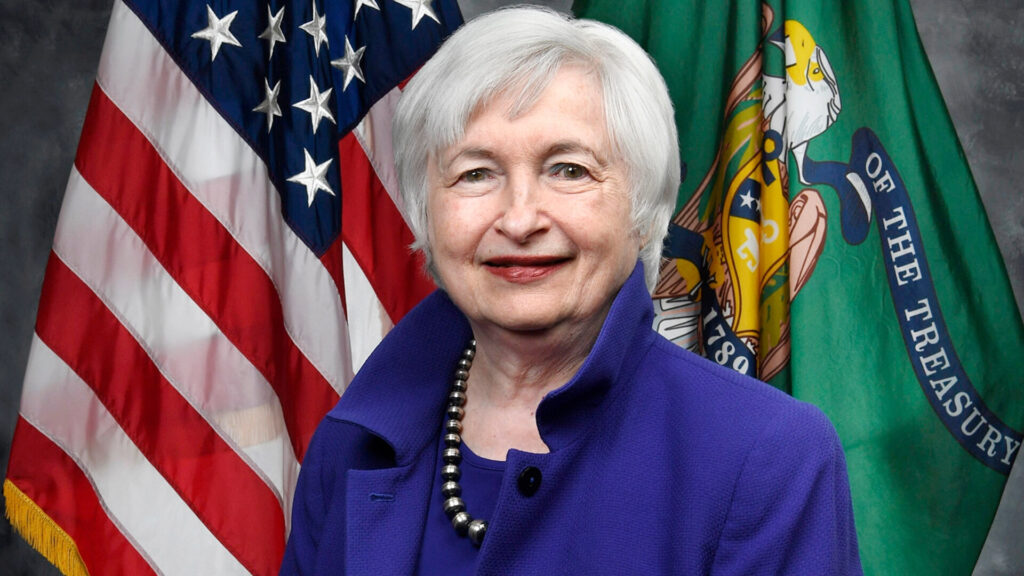
With the cause of the ship’s collision still uncertain, the source of the money remains just as unclear. But Yellen assured the government won’t let financial debates hold up reconstruction efforts.





GIPHY App Key not set. Please check settings